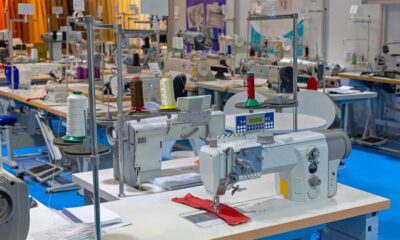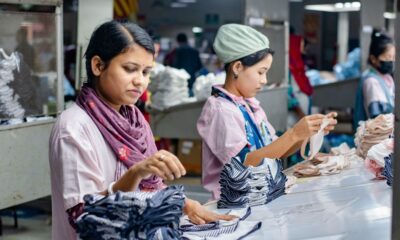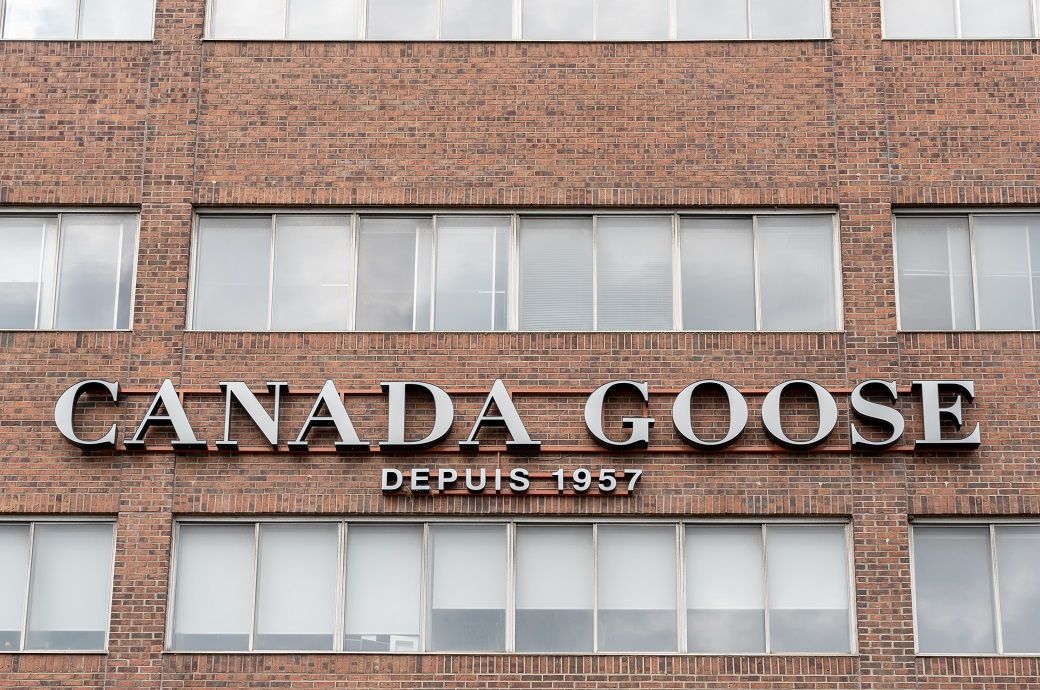Fashion
Alaska calculus: What the Trump–Putin meeting means for India?
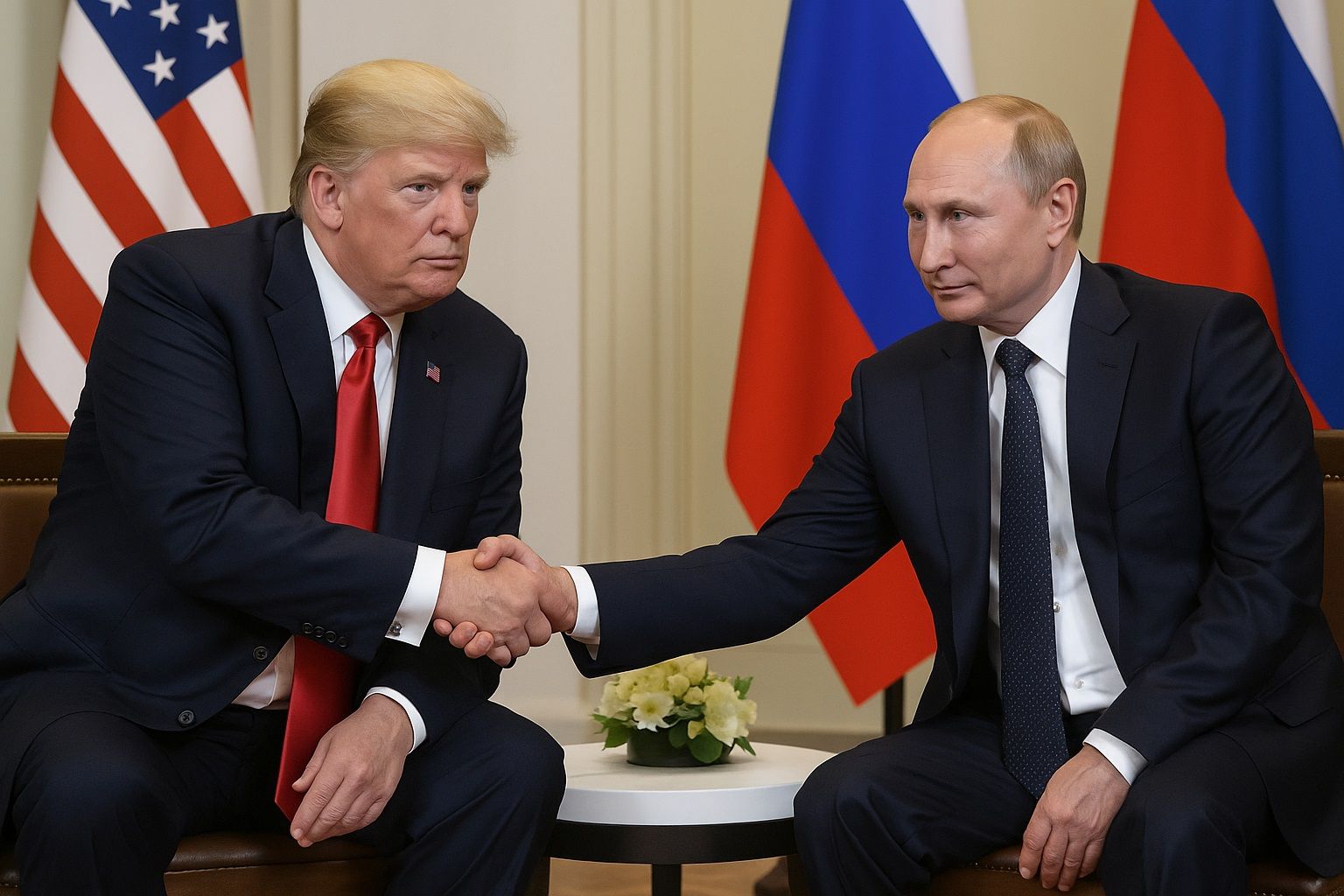
In the early stages of the trade escalation, there was a general consensus in India that Washington’s aim was to secure greater concessions, with many believing that Trump’s additional tariff threat was a strategic move to bring India back to the negotiating table. However, those hopes have been dampened in recent days.
Trump has signalled that further trade talks with India are unlikely unless a separate, sensitive issue is resolved—India’s ongoing oil imports from Russia, which he argues is “fuelling the war machine” in the Ukraine. When asked by journalists if the tariff decision would result in a renewed push towards finalising a bilateral trade agreement (BTA), Trump’s response was reportedly in the negative, which is seen in reference to his demand that India halt its oil purchases from Russia first.
The 25 per cent additional tariff imposed by Donald Trump on Indian goods is set to take effect from August 27.
According to some estimates, owing to increased tariffs, certain knitted garments could face duties as high as 64 per cent and woven apparels around 60.3 per cent.
The Trump-Putin meeting on August 15 in Alaska might influence the course of India-US trade ties.
This linkage of trade negotiations to India’s energy diplomacy has now thrown bilateral discussions into uncertainty. Experts and analysts suggest that as long as the Russia-Ukraine conflict continues and India maintains its current oil strategy, progress on trade talks with the US could remain frozen.
Meanwhile, according to reports, US Treasury Secretary Scott Bessent emphasised in a recent interview that the US has imposed secondary tariffs on India for purchasing Russian oil and reportedly warned that further measures could follow if the situation does not improve.
From an economic standpoint, the imposition of the new tariffs poses a serious though not devastating challenge for India. Many analysts are of the opinion that it is not going to cripple an economy of India’s size.
However, the consequences for specific export-driven sectors—particularly textiles and apparel—could be much more severe. India’s labour-intensive textile industry, which heavily relies on US demand, is bracing for a potential loss of up to $5 billion in business, according to some industry estimates.
Owing to increased tariffs, certain knitted garments could face duties as high as 64 per cent, while woven apparel could be hit with tariffs of around 60.3 per cent, claim industry insiders. These elevated rates place India at a serious competitive disadvantage, especially when compared to rivals like Bangladesh, Vietnam, Pakistan, and Cambodia.
Meanwhile, industry voices from textile hubs like Tiruppur, Coimbatore, and Karur have already sounded the alarm. As per media reports, manufacturers in these regions claimed some existing orders from US buyers have been paused, and there is growing concern that future contracts could be diverted to countries with lower tariffs.
This shifting trade landscape is unfolding at a time when broader diplomatic developments are also in flux. All eyes are now on the upcoming meeting between Donald Trump and Russian President Vladimir Putin, scheduled for Friday, August 15, in Alaska.
The primary focus of this meeting is going to be the ongoing war in Ukraine.
For India, this high-stakes diplomatic engagement could carry significant implications. If the talks result in any meaningful progress towards de-escalating the Russia-Ukraine conflict, India’s continued oil imports from Russia could become less contentious—possibly removing one of the major obstacles to renewed US–India trade discussions.
A breakthrough at the Alaska meeting could thus provide the diplomatic cover needed for both sides to resume stalled trade talks, feel some experts.
Though still speculative, the summit’s outcome will be closely watched by Indian industry leaders and policymakers for sure. That it falls on India’s Independence Day only adds a symbolic twist—depending on how the talk plays out, it could pave the way for easing the tariff pressure. But if things go south, a further strain in trade relations remains a distinct possibility.
Fibre2Fashion News Desk (DR)
Fashion
Vietnam interbank rates seen easing as credit growth cools
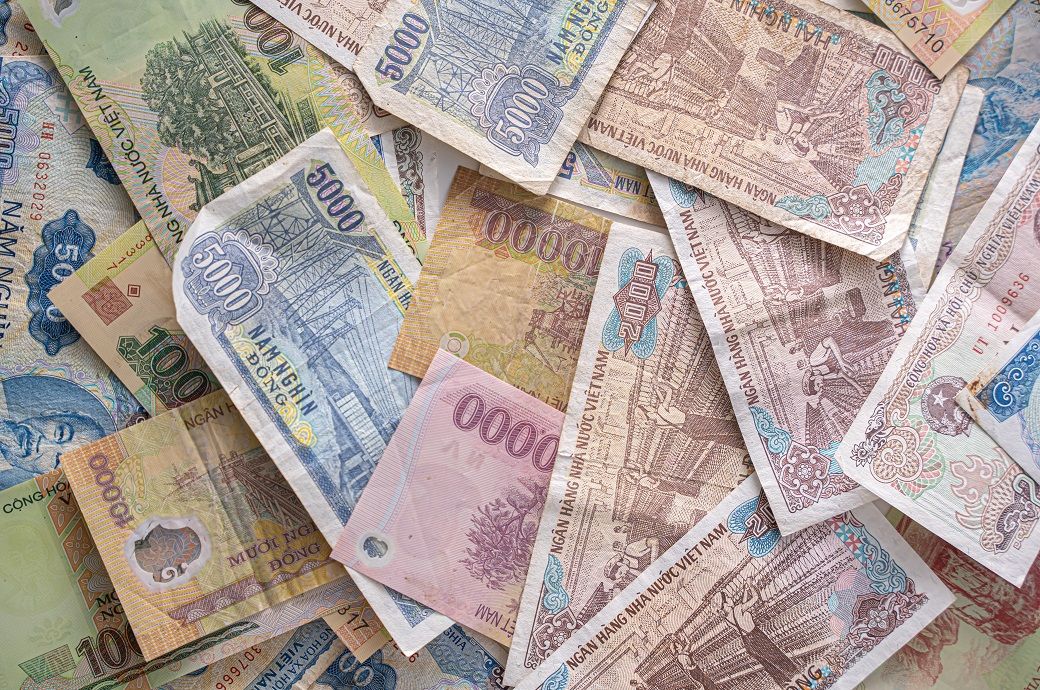
Economic momentum remained strong at the end of 2025, with real GDP expanding 8.4 per cent year on year (YoY) in the fourth quarter, the fastest pace in several years. Growth was driven by robust export-oriented industrial production. Credit growth surged to 19.4 per cent YoY by December, well above deposit growth of 14 per cent, SBV said in a release.
Vietnam’s interbank rates, which rose sharply in late 2025, are expected to ease in 2026 as credit growth and economic momentum cool.
GDP expanded 8.4 per cent year on year in Q4, while credit growth of 19.4 per cent outpaced deposits.
Despite a strong 2025, US tariff risks remain.
The SBV is likely to keep rates steady while targeting slower credit growth.
While Vietnam enters 2026 on a positive footing after achieving an estimated 8 per cent growth in 2025, external risks remain significant for the export-driven economy. Goods exports to the US, which account for around 30 per cent of the total, face the lagged impact of 20 per cent reciprocal tariffs, uncertainty over transshipment duties, and the risk of additional sectoral measures, including possible semiconductor levies.
Monetary authorities have signalled a cautious policy stance for 2026 despite an official GDP growth target of 10 per cent, which analysts view as difficult to achieve. Growth is expected to moderate to around 6.5 per cent, while the SBV has set a lower credit growth target of 15 per cent to limit overheating and resource misallocation risks.
The refinancing rate is expected to remain unchanged at 4.50 per cent, though the possibility of an unexpected rate hike cannot be ruled out if liquidity strains persist.
Fibre2Fashion News Desk (HU)
Fashion
Canada Goose reshuffles leadership to drive global growth
Fashion
Moncler and Rick Owens launch first summer collection

Published
January 16, 2026
Moncler and Rick Owens have unveiled their first-ever summer collection, expanding their ongoing collaboration with a warm-weather offering inspired by Berlin’s brutalist architecture and Moncler’s outdoor expertise.
Designed as a lightweight, warm-weather uniform, the collection reflects Rick Owens’ vision of where nature and city meet, described by Owens’ as “brucolic.”
Notably, as part of the Spring/Summer 2026 lineup, kilt-style shorts and slinky, asymmetric jersey skirts are paired with tonal hiking socks and Trailgrip Megalace sneakers, reinforcing the collection’s emphasis on movement and adaptability. The color palette is characterized by black, dark dust, vintage olive, and a bold carnelian red, which appears for the first time in this season’s collaboration.
Other collection highlights include quilting and graphic embroidery, lightweight outerwear in leather and nylon, as well as summery windbreakers and relaxed jerseys that play with proportion and silhouette. Consistent with the designer’s ethos, the collection embraces gender-neutral styling across relaxed bombers and nipped-in, cropped styles, with exaggerated shoulders. Completing the collection are accessories including sunglasses, quilted bucket hats, caps, and waistbags.
The collection launches with a series of intimate images shot by Juergen Teller, featuring Rick Owens and his wife and longtime muse Michèle Lamy, alongside Teller himself and his wife and creative partner Dovile Drizyte. The candid photographs capture moments of affection, reinforcing themes of love, passion, and human connection.
The collection is now available online, as well as in selected Moncler boutiques, Rick Owens flagship stores, and select retailers worldwide.
Copyright © 2026 FashionNetwork.com All rights reserved.
-

 Politics1 week ago
Politics1 week agoUK says provided assistance in US-led tanker seizure
-

 Entertainment1 week ago
Entertainment1 week agoDoes new US food pyramid put too much steak on your plate?
-

 Entertainment1 week ago
Entertainment1 week agoWhy did Nick Reiner’s lawyer Alan Jackson withdraw from case?
-

 Business1 week ago
Business1 week agoTrump moves to ban home purchases by institutional investors
-

 Sports5 days ago
Sports5 days agoClock is ticking for Frank at Spurs, with dwindling evidence he deserves extra time
-

 Sports1 week ago
Sports1 week agoPGA of America CEO steps down after one year to take care of mother and mother-in-law
-

 Tech3 days ago
Tech3 days agoNew Proposed Legislation Would Let Self-Driving Cars Operate in New York State
-

 Business1 week ago
Business1 week agoBulls dominate as KSE-100 breaks past 186,000 mark – SUCH TV










